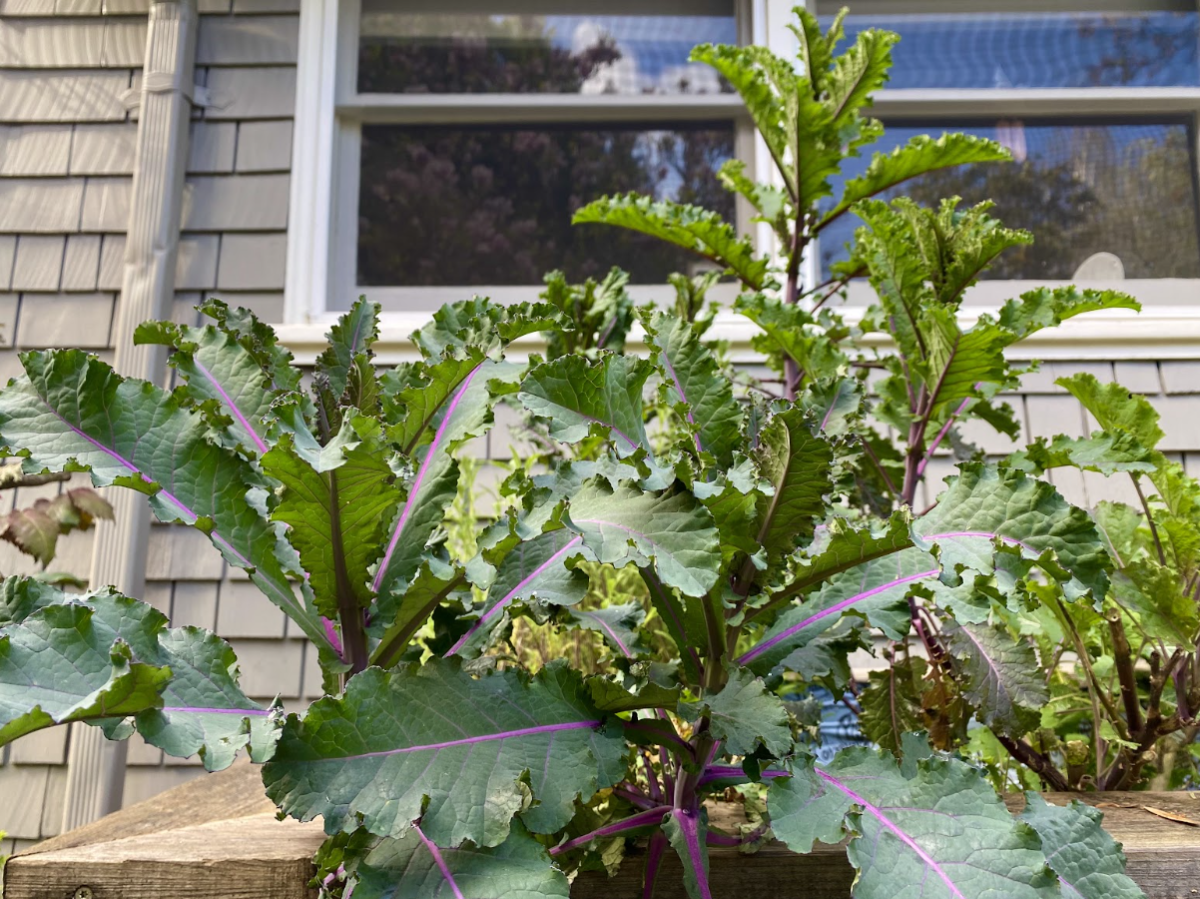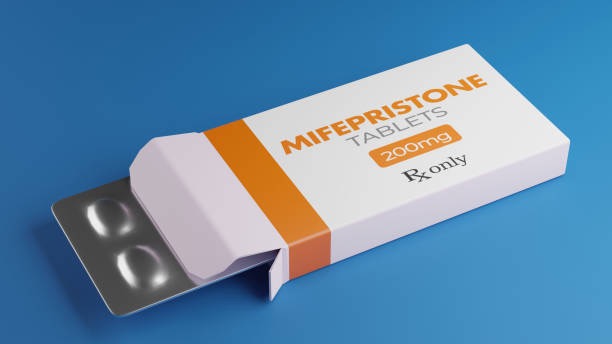Because the legalization of marijuana is currently being settled by individual states, marijuana users may face problems with the federal government despite legally obtaining the drug through state laws.
Alaska, Washington, Oregon, Colorado, and D.C. have legalized the drug for recreational use, and 23 states, including California, have allowed the drug for medicinal purposes.

However, at the federal level, marijuana is classified as a Schedule I drug with no currently accepted medical use and a high potential for abuse. Possession of marijuana is a misdemeanor, and cultivation is a felony under the U.S. Controlled Substances Act.
In 1996, California’s Proposition 215 made it legal for patients to possess and grow marijuana for their personal medical use, given the approval of a California-licensed physician. Movements are now taking place at both the state and national level to legalize the drug for recreational use.
Because 18-year-olds can obtain medical marijuana cards in California, it is legal for students above eighteen and those with parental consent, to possess marijuana if needed for their health.
“Chris,” an anonymous senior who legally obtained a medical marijuana card following his 18th birthday, was recently in possession of the drug at the Marin Headlands when he was pulled over by a police officer and told that, although it is legal for him to possess marijuana in the state of California, the Headlands is government property, making it illegal for him to have the drug there. Proposition 215 states that medical marijuana patients are not protected on federal park land or forests in California.
According to Chris, he should have been in more legal trouble, but the officers let him go with a warning.
Proposition 215 states that marijuana may be prescribed for “cancer, anorexia, AIDS, chronic pain, spasticity, glaucoma, arthritis, migraines, or any other illness for which marijuana provides relief.” Chris was prescribed medical marijuana to help with his appetite and treat his pain.
“I have ADHD and I’m prescribed Adderall, which largely stunts my appetite, so pot actually helps me eat throughout the day,” Chris said. “I have also had many injuries from football. I have broken all my fingers, broken my jaw, broken my collarbone. I have lower back pain, so just all those physical injuries qualify me for it.”
“Lisa,” a senior who wished to remain anonymous, also obtained a medical card upon turning 18 to help with sleeping problems and anxiety. After traveling to San Francisco to be evaluated by a doctor, Lisa was given her card, which is valid for a year and allows the user to possess up to eight ounces of marijuana at at a time.
Despite the legal protection that comes with medical marijuana cards, cardholders can still not legally drive under the influence of the drug or distribute it to anyone else.
Lisa said that while her card does help with her health, she does not use it solely for medical purposes and has purchased marijuana to illegally distribute to her friends on occasion.
Chris said that he has also given away his medication in the past, but now tries to avoid doing so because of the severe consequences it poses.
“It is as serious as someone being prescribed Vicodin and giving it to one of their friends,” Chris said. “So at least for me, I don’t give it away because you can get in a lot of trouble with the law and even worse get your card revoked.”
According to Scott Sowle, executive director of Muir Wood, a teen addiction treatment center located in Santa Rosa for adolescent boys age 12 to 17, the marijuana that teens commonly use today is more potent than it was several years ago.
“[With today’s marijuana], you start to see more paranoia and psychiatric issues, rather than just the effects most people associate with marijuana,” Sowle said.
Through working at the rehabilitation center, Sowle has seen many teens become dependent upon the drug. According to Sowle, people who use marijuana can develop a high psychological dependence, despite the drug not having a physical dependence like other drugs may.
About 80 percent of the adolescents who enter Muir Woods’ facilities are dependent on marijuana—far more than for any other substance they see, according to Sowle.
Sowle believes that this high dependence rate may be because teens are led to believe the drug is harmless due to the drug’s legalization across various states.

















